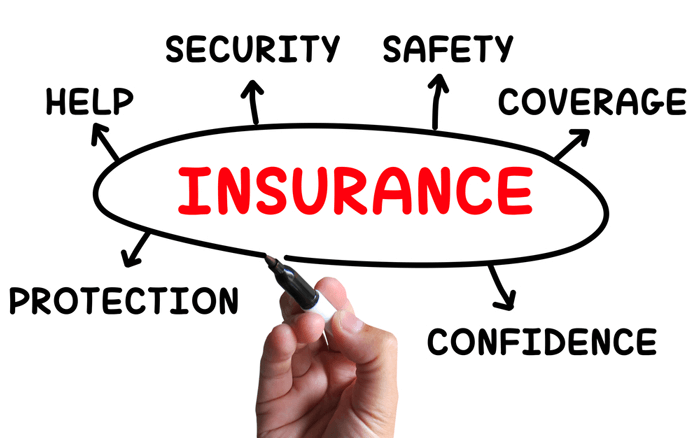Automobile insurance is a policy acquired by car owners to reduce expenses connected with getting into an automobile mishap. Instead of paying out-of-pocket for automobile mishaps, people pay annual premiums to a vehicle insurance business; the business then pays all or many of the expenses related to a vehicle accident or other lorry damage.
While not all states require vehicle insurance coverage, a lot of do mandate a minimum quantity of auto insurance coverage. That minimum differs by state, but many individuals purchase additional insurance coverage to protect themselves even more. Additionally, if you're funding a vehicle, the lending institution may specify that you bring certain types of automobile insurance coverage. A bad driving record or the desire for complete protection will result in higher premiums.
In exchange for paying a premium, the insurer consents to pay your losses as outlined in your policy. Coverages include: damage to or theft of your automobile legal duty to others for bodily injury or residential or commercial property damage expenses of treating injuries, rehab, and in some cases, lost earnings and funeral costs Policies are priced individually to let you personalize coverage quantities to match your precise needs and budget.
An insurance provider will notify a client when it's time to restore the policy and pay another premium. Regardless of whether they mandate having a minimum amount of vehicle insurance coverage, nearly every state requires vehicle owners to carry bodily injury liability, which covers costs associated with injuries or death that you or another driver triggers while driving your vehicle.
A variety of states go a step further, mandating car owners carry medical payments or individual injury protection (PIP), which repays medical costs for injuries sustained by you or your guests. It will likewise cover lost wages and other associated expenses. Uninsured motorist protection repays you when a mishap is triggered by a chauffeur who does not have car insurance coverage.
Your policy likewise offers protection to somebody who is not on your policy and is driving your car with your permission. Personal car insurance coverage only covers personal driving. It will not supply coverage if you use your car for industrial purposessuch as making shipments. Neither will it provide protection if you use your automobile to work for ride-sharing services such as Uber or Lyft.
While other kinds of insurance coverage such as health and property owner's may seem more vital, if you own a car, regardless of whether your state requires auto insurance coverage, having an insurance coverage can conserve you a great deal of cash and aggravation in the long run.
Car insurance is an agreement in between you and the insurance coverage business that protects you against financial loss in case of an accident or theft. In exchange for your paying a premium, the insurance coverage company consents to pay your losses as detailed in your policy. Automobile insurance coverage offers protection for: such as damage to or theft of your automobile your legal duty to others for bodily injury or home damage the cost of dealing with injuries, rehab and in some cases lost earnings and funeral expenses Fundamental individual auto insurance coverage is mandated by most U.S.
Automobile insurance coverage protections are priced separately (a la carte) to let you personalize protection amounts to suit your precise needs and budget plan. Policies are typically provided for six-month or one-year timeframes and are renewable. The insurer sends a notification when it's time to restore the policy and pay your premium.
